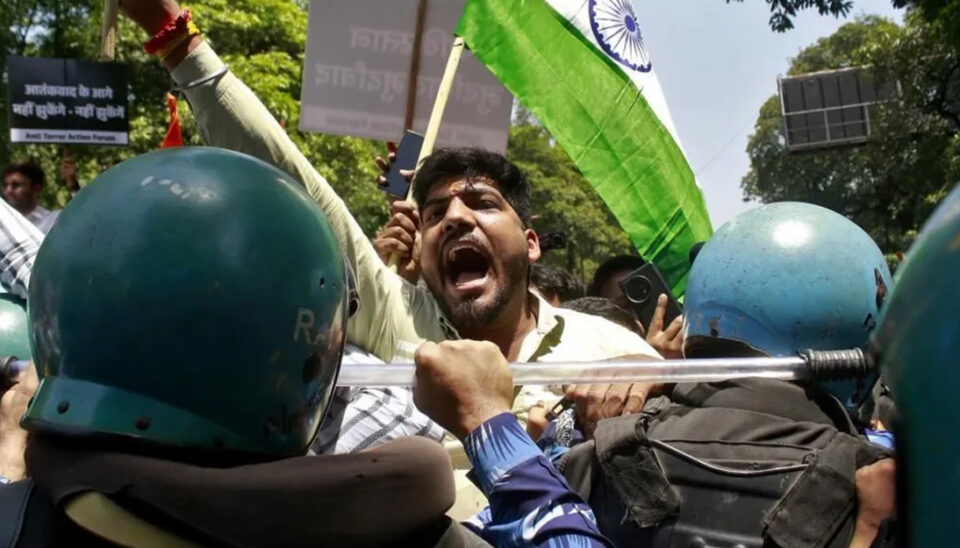Tensions Escalate Between Pakistan and India After Deadly Kashmir Attack
Tensions between Pakistan and India have intensified following a militant attack in Indian-administered Kashmir that killed 26 tourists. In response, Pakistan has implemented several countermeasures, including suspending all visas issued to Indian nationals under an exemption scheme, expelling some Indian diplomats, and closing its airspace to Indian flights.
Details of the Attack
On Tuesday, a group of gunmen opened fire on tourists near Pahalgam, a popular resort in the disputed Kashmir region. Indian authorities have identified three of the attackers, two of whom are reportedly Pakistani citizens, while the third is a local Kashmiri man. Pakistan has denied any involvement in the incident, calling the claims unsubstantiated.
Indian police have linked the attackers to the Pakistan-based militant group Lashkar-e-Taiba (LeT), though the suspects have not commented on these allegations. Pakistan’s National Security Committee rejected any connection to the attack, stating there was no credible investigation or verifiable evidence linking the country to the incident.
India’s Response
In light of the attack, Indian Prime Minister Narendra Modi vowed to bring those responsible to justice. He declared that “India will identify, track and punish every terrorist and their backers,” further stating that the punishment for the attackers and their supporters would be severe. Modi emphasized that “India’s spirit will never be broken by terrorism.”
The Indian government also announced several diplomatic measures, including shutting down the Attari-Wagah border, halting visa services for Pakistani nationals, and suspending the Indus Water Treaty, a decades-old water-sharing agreement between the two nations. India made it clear that any attempt to interfere with water sharing would be viewed as an act of war.
Pakistan’s Retaliation
In response, Pakistan took reciprocal actions. It closed its airspace to all Indian-operated airlines, suspended trade with India, and reduced the number of Indian diplomats in Islamabad. Pakistan also demanded that Indian defense, naval, and air advisers leave the country by April 30.
Casualties and Public Outcry
The attack left 26 tourists dead and many others injured. Victims included an Indian naval officer on honeymoon, a tourist guide, and a businessman vacationing with his family. The killings have sparked outrage and sorrow across India, with emotional farewells being held as the bodies of the victims were returned to their home states.
Authorities in Kashmir have detained over 1,500 people for questioning in connection with the attack. Meanwhile, schools, businesses, and shops have begun reopening after a region-wide shutdown in response to the violence.
Harassment of Kashmiri Students
In the aftermath of the attack, reports have surfaced of Kashmiri students facing harassment in various parts of India. Videos have circulated online showing threats and intimidation from right-wing groups targeting Kashmiri students. These incidents have raised concerns about the safety and well-being of Kashmiri individuals in India.
The situation remains tense as both countries navigate the fallout from the attack, with the potential for further escalation in the region.

